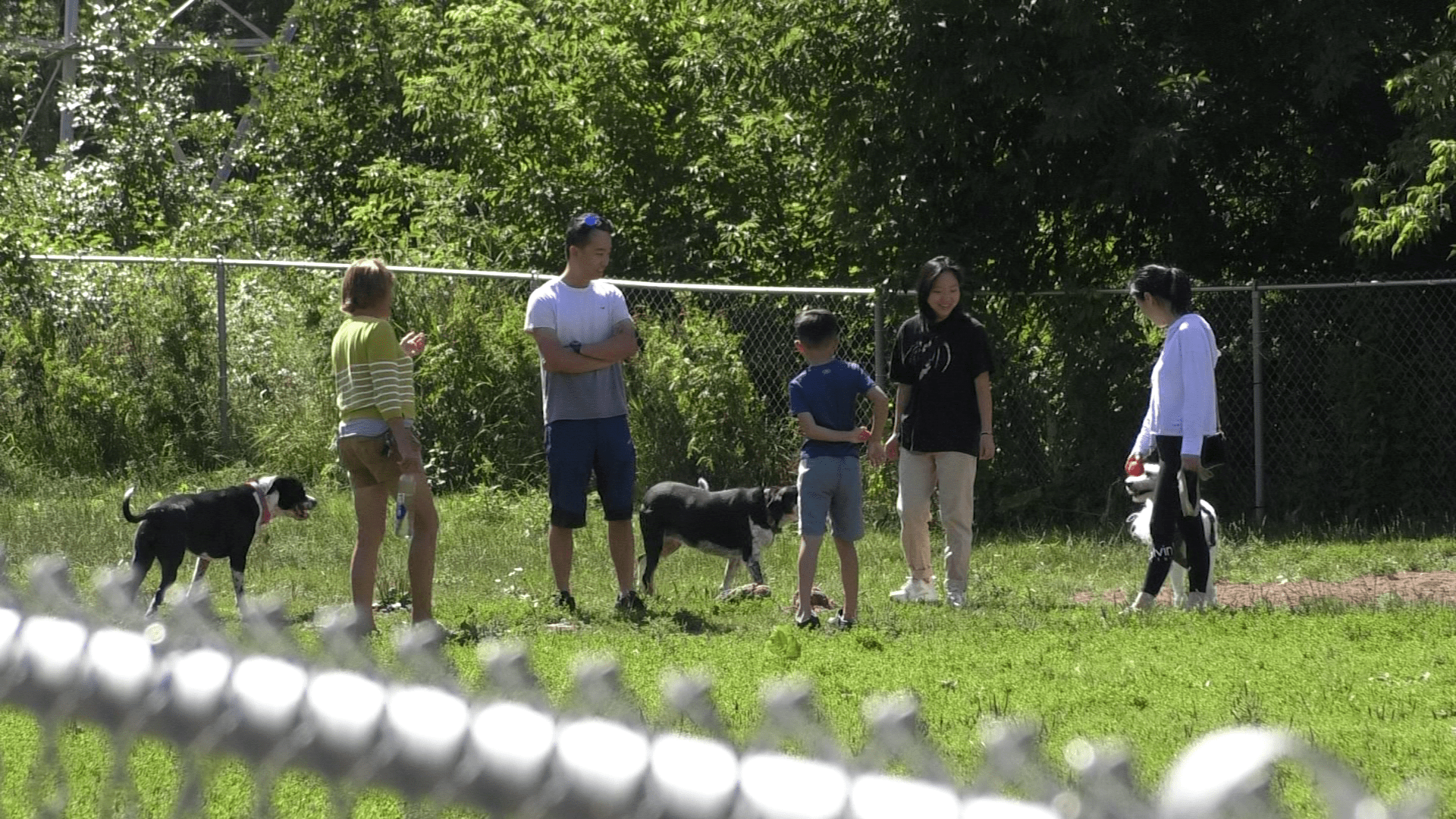Protecting against parvovirus, keeping your furry canines safe
[anvplayer video=”5131236″ station=”998130″]
Furry babies, best friends, family members, and the list goes on; when people refer to their sweet four-legged friends.
Keeping them safe, protected, healthy, and up-to-date on their medical records is highly recommended.
There is a serious illness that has been found in Michigan that has been linked to the deaths of thirty dogs. That mystery illness has now been linked to a disease known as canine parvovirus.
Related Story: Testing finds illness sickening Michigan dogs is parvovirus
Duluth Veterinary Hospital Co-Owner and veterinarian Dr. Kristi Dank; shares some of the research she has done and explains how all these dogs had one thing in common.
“All the dogs did technically have parvo. It was tricking veterinarians at first; because they were testing negative with some of the in-house tests that we can do. But, we can get false negatives with those tests. So when they did some additional more advanced testing, they were able to confirm that all the dogs did have parvo and all of the dogs were not fully vaccinated against parvo too.”

Dr. Dank says that if your dog is fully vaccinated, it will be much safer if they happen to come in contact with the virus.
WDIO spoke with a dog owner, Chris Olson, as he explains his reasonings for making sure; his dog, Wally, stays safe.
“Keeping my dog healthy is number one. You know he is my friend, my family, my brother. I want to keep him in good shape and make sure he doesn’t die on me too soon. You know, I have had dogs live up to, like, 17 years and in my captivity and you know, and keep from other dogs getting illnesses.”
This disease is pretty transmissible from dog to dog and can spread easily.
“It is one of the most contagious viruses we have for dogs. The main way it spreads is with feces that get on different surfaces. So it can be on a person, or it could be on an article of clothing or on the ground. If another dog comes in contact and ends up ingesting some of those particles, then they come down with the virus,” mentioned Dr. Dank.
Once a dog catches the virus, Dr. Dank describes a few symptoms that will start to show.
“Vomiting and diarrhea, and it can be so severe with the vomiting and diarrhea that they can end up extremely dehydrated, and that is where they get super sick as they are so dehydrated. But parvo can also attack the bone marrow in the body, and the dogs can end up with low white blood cell count.”
“So their immune system is not adequate so they can end up dying from secondary bacteria in their intestines because they don’t have an immune system to kind of keep it in check. Their immune system is not adequate, so they can end up dying from secondary bacteria in their intestines. Since they don’t have an immune system to kind of keep it in check.”
It is recommended that dogs get the vaccine once they are about six weeks of age. Once the dog is 16 weeks old and gets that round of virus protection, it is good for about a year.